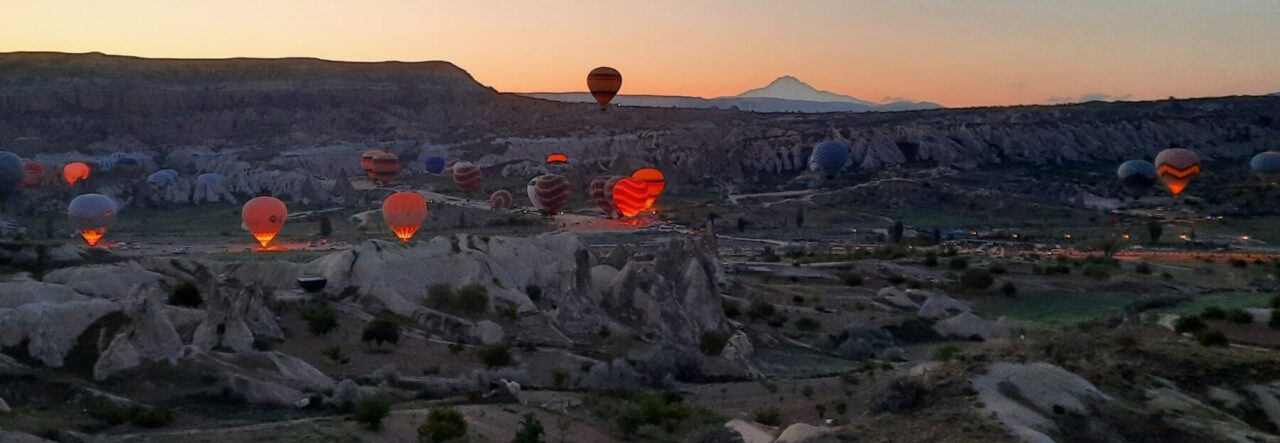I did a fair amount of research and came up with several commercially available rain kilts…you can check out a few variations here.
http://www.ula-equipment.com/product_p/rain-kilt.htm https://www.antigravitygear.com/shop/clothing/antigravitygear-rain-kilt/ http://www.zpacks.com/accessories/cloudkilt.shtml
I felt like there were some good ideas, but nothing really blew my skirt up (pun intended). I also checked out some homemade versions, and again found lots of good ideas. Since I have a garage full of fabric and some sewing skills, I thought I would see if I could come up with my own design. KB Rain Kilt 1.0 was finished in time for an extended backpacking trip in the San Juan mountains last summer. During that trip we experienced full on monsoon activity, brief passing showers, as well as cool temps. I came away from that trip 100% sold on the benefits of a rain kilt vs traditional rain pants. I did feel that there were some improvements to be made, and they were incorporated into version 2.0 pictured below. This kilt was trail tested and approved on our 9 day John Muir hike later in the summer.

If you are skeptical, I would offer the following…
1. Biggest advantage…ease of use. Consider the typical scenario. It starts raining to the point where rain protection becomes desirable. With rain pants – drop pack, fish out rain paints. Find a place to sit down. Take off boots/shoes. Pull on rain paints. Put boots/shoes back on. Put on backpack. When it stops raining, drop pack, find a place to sit, take off boots/shoes, pull off and stow rain pants, put boots/shoes back on, put pack back on. Either that or just leave the bloody things on because it is too much of a pain to stop and remove them, and just deal with hot, clammy pants. With a rain kilt, grab the kilt from an outer pocket. Loosen waist belt. Put on kilt and re-tighten waist belt. That’s it. When the rain stops it is easy to remove the kilt and stow it away. Either that or just leave it on (see #2).
2. Comfort. If at all possible, I prefer hiking in shorts. Even with waterproof, breathable fabric (and I’m a big believer) I don’t like the feel of nylon on bare legs. My traditional rain pants (both commercial and home made) tend to feel clammy and constricting. By contrast, the kilt hangs loosely enough and offers enough airflow to prevent the annoying dampness.
3. Weight and utility. Less critical, but still important. There are some super lightweight versions weighing 2-3 oz. My 2.0 kilt is pretty beefy and weighs only 8 oz. By comparison my Mountain Hardwear pants are about 16 oz, and probably stuff twice as large as the kilt. I was also continually finding other uses for the kilt. For example, as we broke down camp in the morning, I found it convenient to lay out the kilt as a mini-ground cloth. I could sort gear and clothes and keep them dry from the morning dew. When it wasn’t raining, they added a surprising level of warmth.
The build. Based on my experience with version 1.0, I increased the flair to better match my stride length when walking. I decided on two pieces so that it hung more naturally and evenly. I’m 6′ 2″ so I decided on a hemmed length of 28″, that falls just below my knee. The hemmed width of each piece on top is 20 1/2″…the bottom of each piece is 33 1/2″. With the long velcro piece on top, the kilt can be adjusted to fit over shorts, or bulky layers. As can be seen from the 2nd picture, there is quite an angle when both pieces are sewn together. This may look strange when it is laid out, but when it is worn, it fits naturally. I do intend to tweak the location and angle of the two lower velcro strips. I have a good supply of Gore-tex, including some of the always fashionable “eye pollution yellow”, but you could use any coated fabric. Several enterprising folks have even used tyvek house wrap. Whatever fabric you choose, the sewing skills needed are pretty basic. It is definitely worth the effort. Nature’s Neat – and so are kilts!






